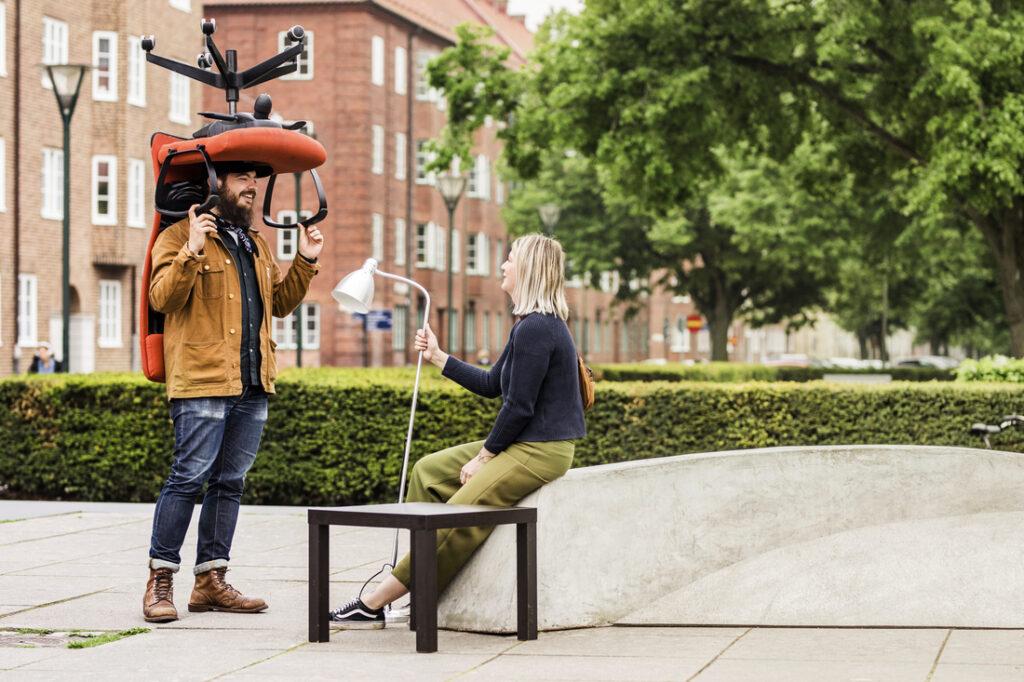According to IKEA’s study, 5,000 tons of wooden furniture waste can end up in landfills in Hungary every year, even though there is a solution for recycling
Approximately 43,000 to 59,000 tons of wooden furniture waste is generated in Hungary every year, but in the absence of an extensive furniture waste processing system, most of it ends up in incinerators, according to a recent study by IKEA.

There would be a need for the sustainable management of furniture that is no longer used, because according to the survey prepared for the study, the majority of the respondents replaced some of their furniture in the past year, and almost 8 percent of the respondents disposed of unnecessary things with the communal waste. With its circular services, IKEA offers a solution to furniture recycling and encourages people to see unused furniture as valuable.
IKEA’s study examined the amount of furniture waste in Hungary and its treatment options. This revealed that of the annual 43-59 thousand tons of wooden furniture waste, about 3-5 thousand tons can be landfilled, and 14-19 thousand tons of used furniture are sent to incinerators.
“Getting rid of furniture does not necessarily mean that the furniture becomes waste. In addition to the furniture waste processing system, there would also be a great need for recycling centers that prevent the generation of waste, of which, according to the study, only five currently operate in Hungary”
– said Attila Bálint, IKEA Hungary’s sustainability manager.
Related news
IKEA Hungary’s turnover increased in the 2025 financial year
🎧 Hallgasd a cikket: Lejátszás Szünet Folytatás Leállítás Nyelv: Auto…
Read more >IKEA now offers electricity rates for IKEA Family members in Germany
🎧 Hallgasd a cikket: Lejátszás Szünet Folytatás Leállítás Nyelv: Auto…
Read more >







